Research Center for Islamic Legislation and Ethics
The Research Center for Islamic Legislation and Ethics (CILE) was founded in 2012 as a research center focusing on Islamic legislation and ethical thought, with an emphasis on applied ethics.
We aim to establish methodological and theoretical frameworks, based on the vision of reform and renewal guided by the fundamental principles of Qur'an, Sunna and the higher objectives of Islam, that are transformed into practical implications for a more just and ethical world.
Announcements
Events
Publications
Connect With Us
Feed
Feed
Feed
